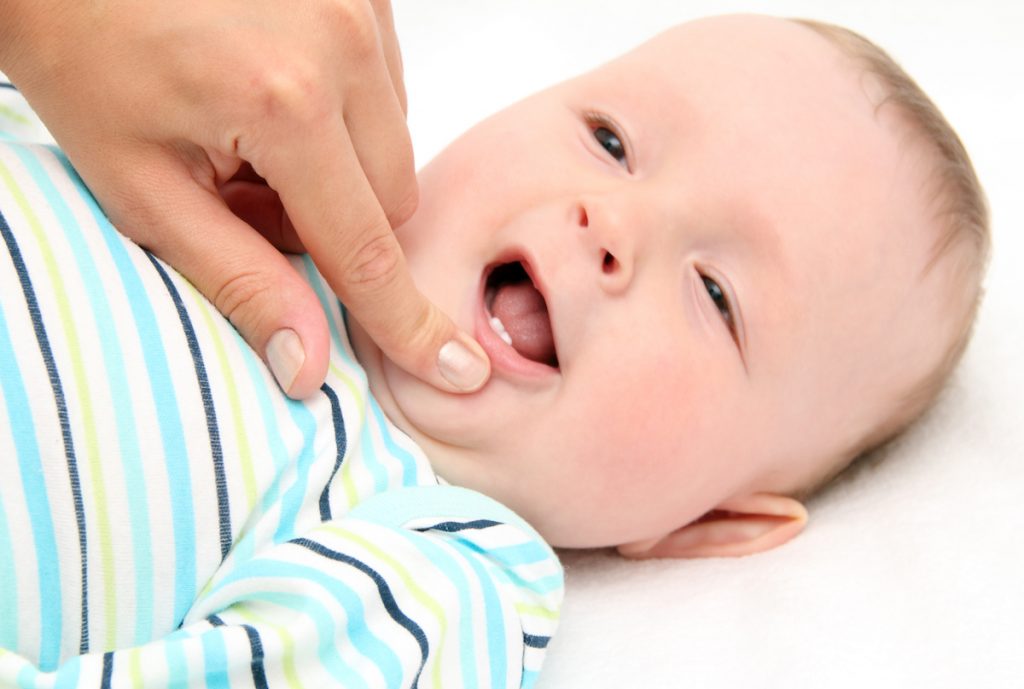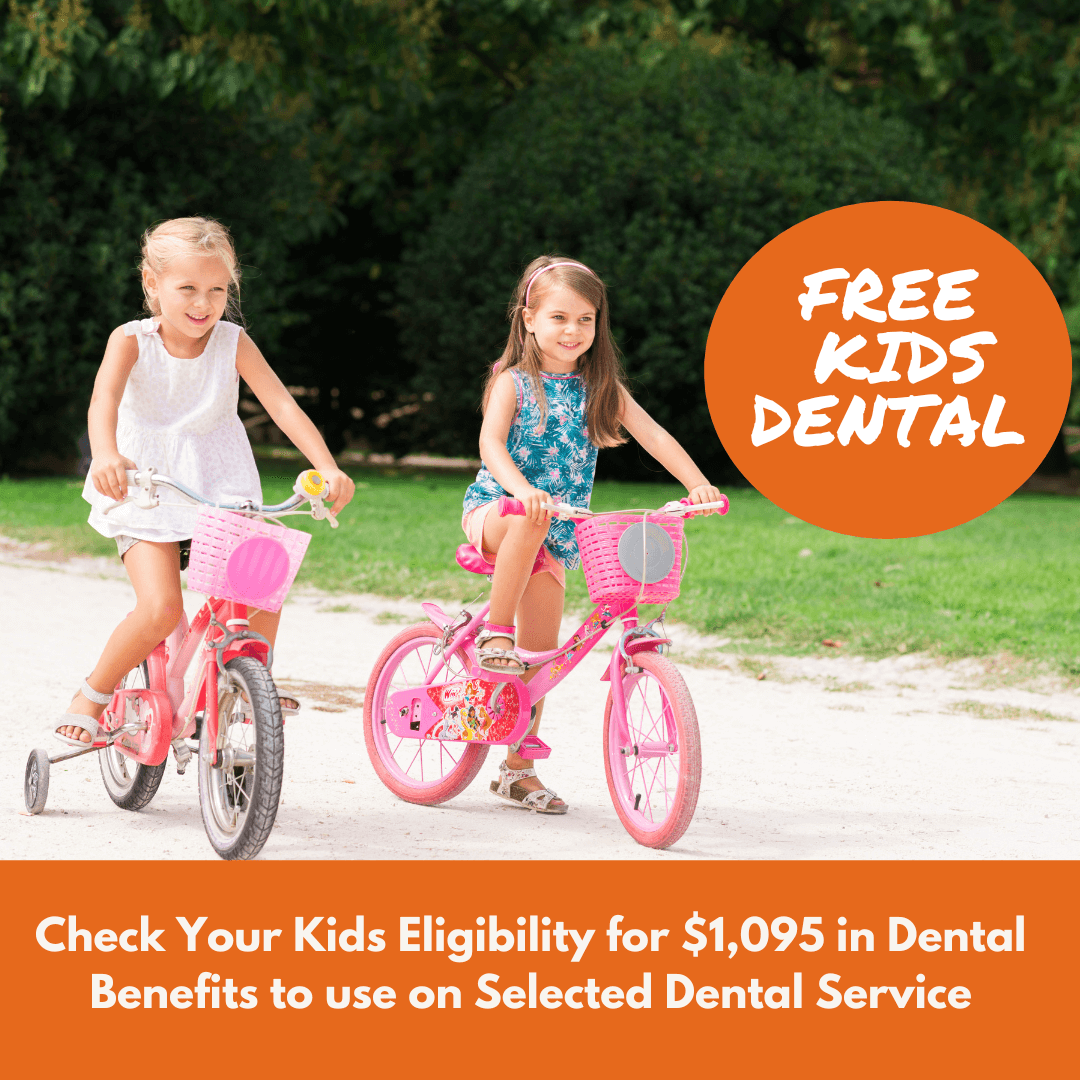Do Permanent Teeth Get Affected by Tooth Decay in Baby Teeth?

Looking after our children’s baby teeth (also known as milk teeth) is just as important as looking after their adult teeth (permanent teeth).
Many of us think something like, “Well, they are temporary; they can’t really be that important, right?” or “Why worry about them when they are going to fall out anyway?”
The Australian Dental Association has released a report card called The Oral Health Tracker (the Tracker) that shows the current national status of the oral health of both adults and children here in Australia.
In 2018, an alarming 34.3% of children aged 5-6 years of age have experienced decay in their baby teeth.
6.8% of children aged 5-14 years of age experienced a toothache, while 9.3 children out of every 1,026 were hospitalised with dental problems that could have been prevented if they had visited a dentist sooner.
At Passion Family Dental North Lakes, we’re trying to spread the word that baby tooth decay is not just a problem for the moment but one that will go away eventually.
Instead, it is a problem that can have an impact over a lifetime.
Why worry about temporary teeth?
Many parents wonder why, if baby teeth will fall out, they should be taken care of.
Taking care of temporary teeth is crucial for several reasons. Temporary teeth serve essential functions in our daily lives, including speech, eating, and even proper breathing.
Furthermore, temporary teeth play a vital role in maintaining good dental health by reserving space for the eventual eruption of permanent adult teeth.
This space allocation ensures that the adult teeth are aligned and evenly distributed.
Primary (baby) teeth serve vital functions:
- Guiding Adult Teeth: They create space for adult teeth, ensuring they align correctly reducing the need for orthodontics.
- Preventing Pain and Nutrition Issues: Healthy baby teeth allow for proper chewing, avoiding nutritional deficiencies and infections affecting overall health.
- Protecting Permanent Teeth: If not maintained, baby teeth issues can harm the development of permanent teeth.
- Supporting Speech: Baby teeth aid speech development, and their loss can lead to pronunciation difficulties.
- Boosting Self-Esteem: Maintaining baby teeth promotes a positive self-image by preventing unattractive decay.
But it’s not just about keeping teeth safe:
- Childhood cavities are linked to malnutrition – low vitamin D, low calcium, and albumin concentrations, as well as elevated PTH levels.
- Childhood cavities are linked to eating disorders.
- Childhood cavities are associated with Iron deficiency anaemia.
- Childhood cavities are linked to extremes of failure to thrive and obesity.
Symptoms and warning signs of tooth decay in baby teeth
Common symptoms and signs of decay include:
- Dark spots on the teeth
- Brown spots on the teeth
- Pain around the teeth
- Swelling around the teeth
- Bad breath
If decay is not treated appropriately, symptoms will develop, baby teeth may be lost, and even permanent teeth may be damaged.
Here’s what you can do
Instil excellent dental hygiene habits
Teaching your children good dental habits is a key part of parenting.
You want to put your children on the path to good oral health, and instilling good daily dental habits is one of the best ways to ensure this.
Make brushing and flossing fun!
Setting an example for your children is a tried-and-true technique to help them develop the habit of cleaning their teeth twice a day.
Let your kids see you brush your teeth every morning and night. In fact, make it a habit of brushing and flossing with them.
This makes sense, as until your kids reach six or seven, they will need your assistance with brushing and flossing.
Electric toothbrushes can add fun to toothbrushing; just make sure they are being used correctly and for the same necessary two minutes each time.
There are also many apps available now that will make toothbrushing fun for everyone.
Toothbrushing
Begin brushing as soon as the first baby teeth appear. Before that, a parent or caregiver should wipe the baby’s gums with a clean, damp washcloth to lessen bacterial buildup.
Starting at age 2, it’s essential to establish a brushing regimen using a small amount of fluoride toothpaste.
When dealing with toddlers, parents should employ a soft, child-sized toothbrush along with a dab of toothpaste no larger than a pea.
Children need help brushing until at least age 6, at which point they can take over brushing by themselves and also learn to floss.
Until this age, children are simply not dexterous enough to manage sufficiently by themselves. A good guide is that if they can tie their shoelaces or bow, they can brush their teeth.
Reward your children for brushing their teeth
Purchase, print out, or make your calendar. Every night or morning after your child has finished brushing his teeth, reward the effort with a sticker on the calendar to mark a successful cleaning.
If your child fills up a full month of the calendar with stickers, reward them with something like a bonus in allowance or a toy.
Regular Dental Visits
We recommend bringing children in for regular dental visits so that we can monitor their overall oral health and hygiene habits.
We can catch problems early and give tips and advice on how to improve cleaning techniques at home.
These appointments are always a lot of fun for the children and help to establish a trust and relaxed approach to treatments that older adults sometimes dread.
High-Quality Baby Teeth Dental Care in North Lakes
At Passion Family Dental North Lakes, we believe that delivering exceptional dental care begins with prioritising our valued patients above all else.
We have Free parking, allocated specifically for our patients, available on-site and on-street parking.
We are wheelchair friendly!
If you are worried about your baby’s tooth development, call us on (07) 3465 1199 or visit us online here.
We are located at Unit 4/6 Endeavour Boulevard in North Lakes.

